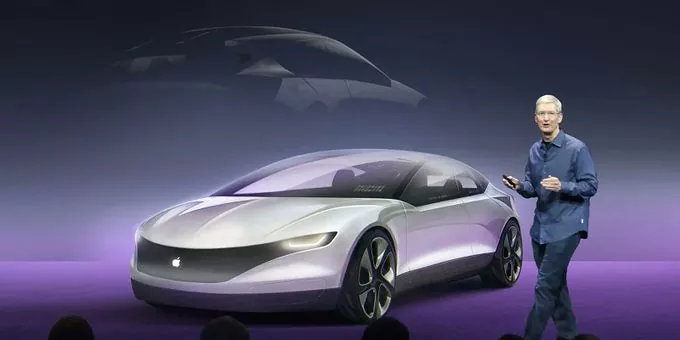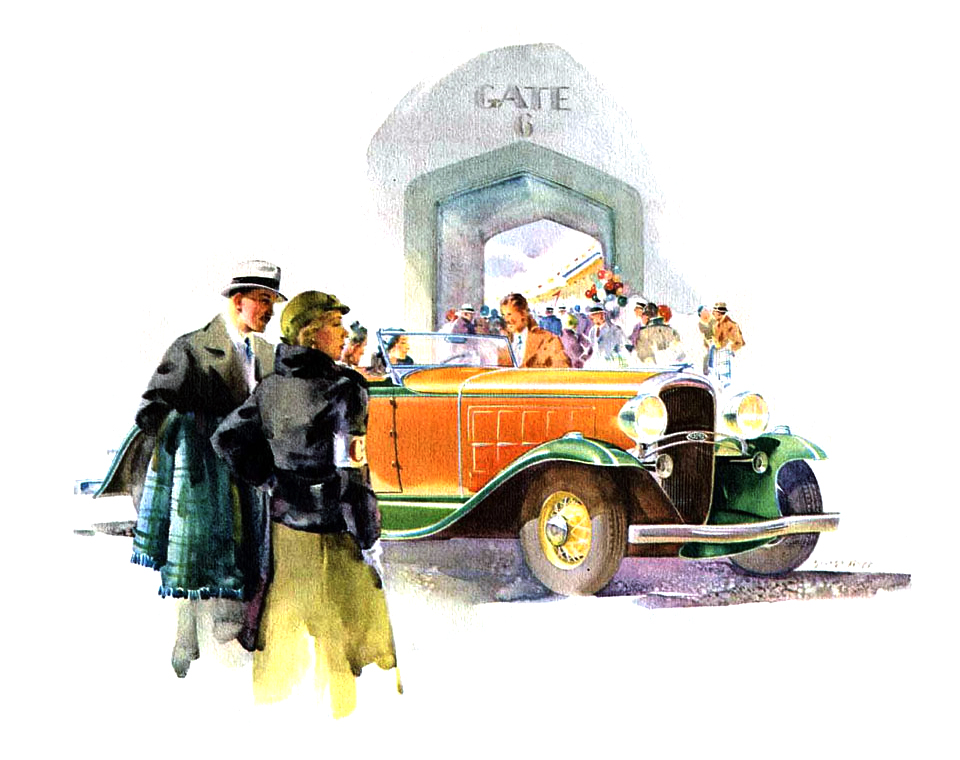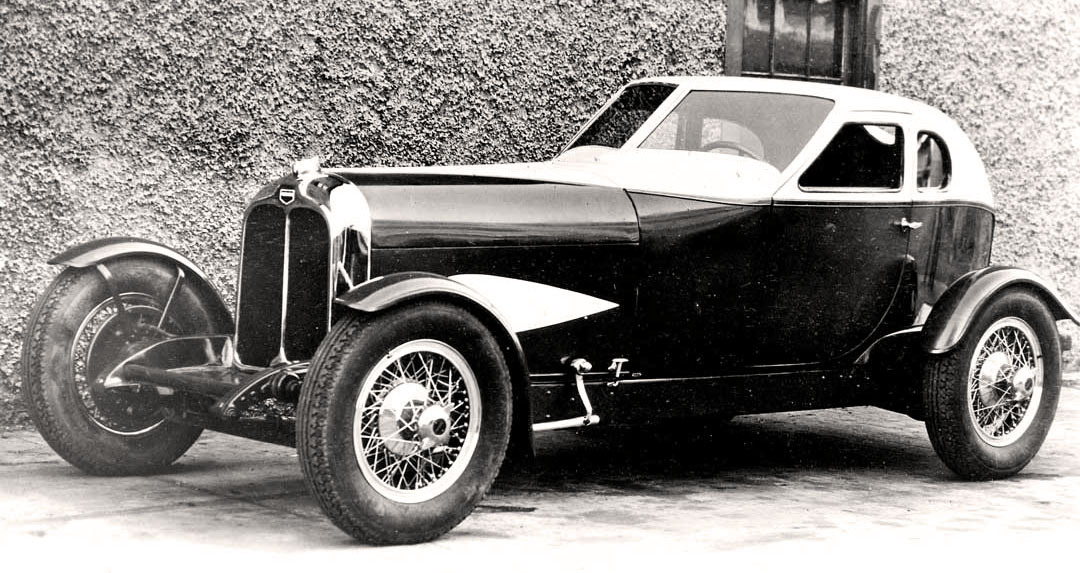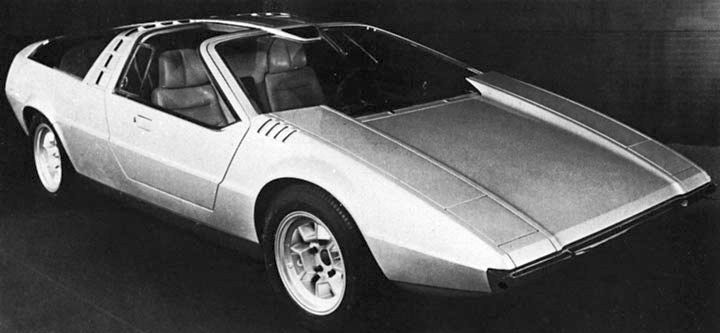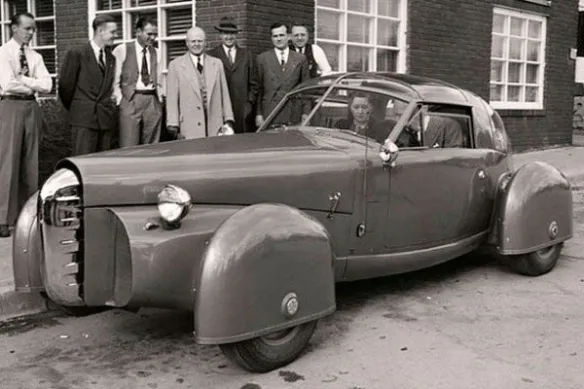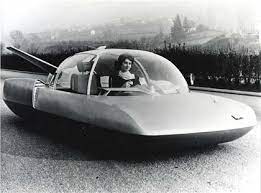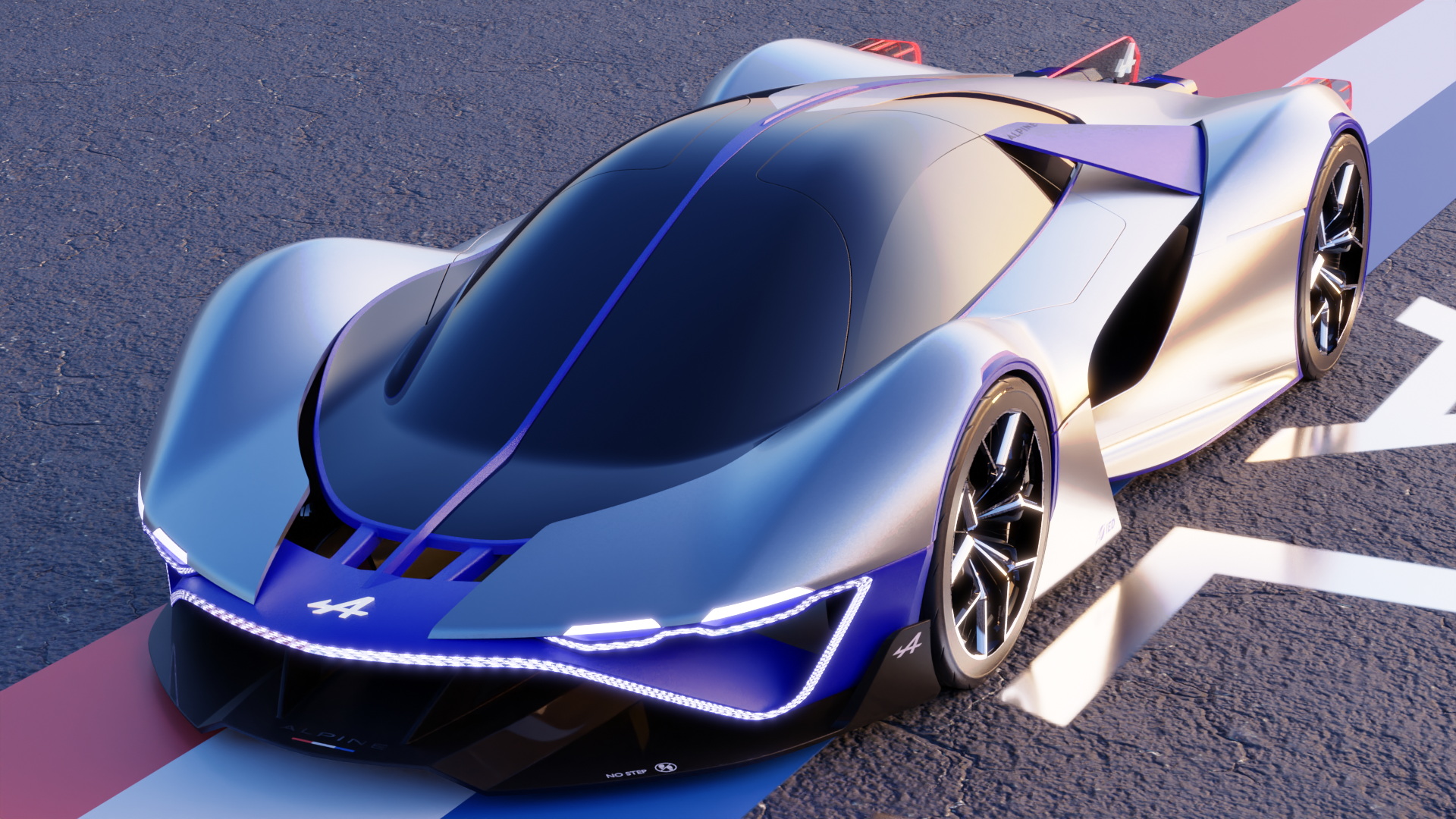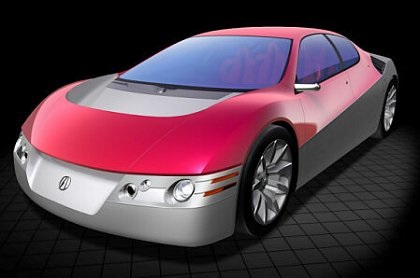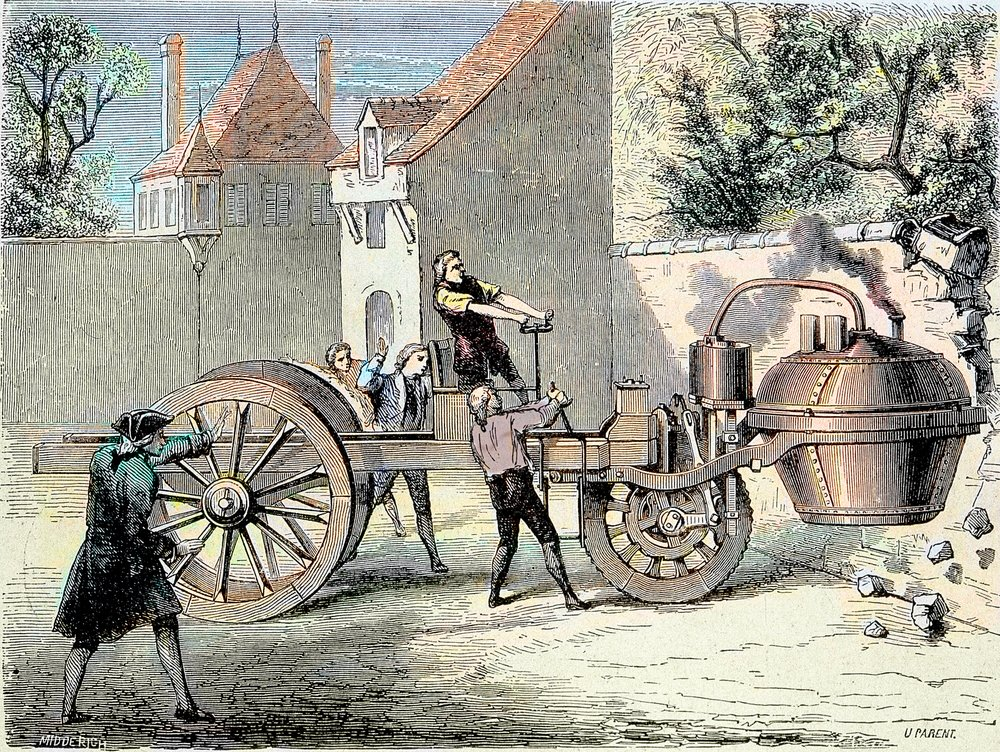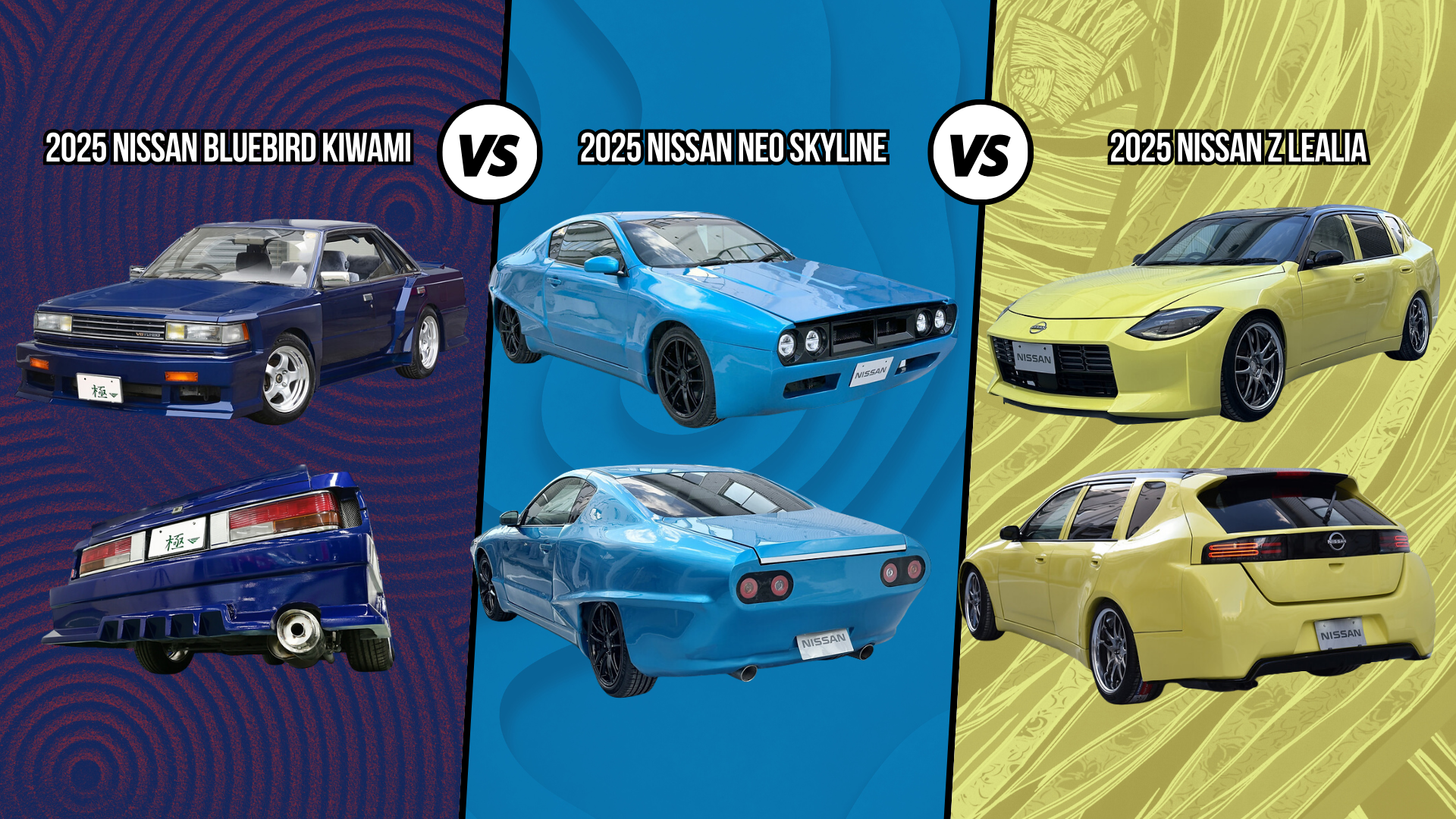The Complete History and Downfall of the Apple Car "Project Titan"
- Story Cars
- Mar 6, 2024
- 4 min read
For nearly a decade, whispers swirled around Apple's secretive car project, codenamed "Project Titan." The tech giant, known for its sleek design and innovative products, was rumored to be entering the automotive arena, promising a revolutionary electric car that would disrupt the industry. However, in February 2024, after years of setbacks and shifting goals, Apple officially pulled the plug on Project Titan. This blog post delves into the complete history and downfall of this ambitious project, offering a glimpse into the challenges and complexities that lay beneath the veil of secrecy.
The Genesis of Project Titan: A Vision for Disruption (2014-2016)
The year was 2014. Apple, fresh off the success of the iPhone and iPad, was reportedly starting a new, top-secret project under the leadership of Steve Zenger, a veteran Apple engineer with experience in product design. Details were scarce, but rumors pointed towards the development of an electric car. This wasn't entirely surprising. Electric vehicles (EVs) were gaining traction, and Apple, known for its focus on user experience and clean technology, seemed like a natural fit.
The initial vision for Project Titan was reportedly ambitious. Apple aimed to build a car from the ground up, not merely adapt existing technology. This meant designing a unique chassis, a powerful and efficient electric drivetrain, and integrating a seamlessly connected in-car experience that mirrored the user-friendly interfaces of its popular devices. The goal, some speculated, was to create an "iCar" that would revolutionize transportation, just as the iPhone had revolutionized communication.
Secrecy, Speculation, and Shifting Goals (2016-2018)
Apple maintained a shroud of secrecy around Project Titan. Few details emerged, and the company rarely acknowledged the project's existence. This secrecy fueled a frenzy of media speculation. Reports suggested that Apple was considering various options, including a self-driving car, a car with advanced driver assistance systems (ADAS), or even a partnership with an established automaker.
Internally, Project Titan faced its first set of challenges. Building a car from scratch was a monumental task, requiring expertise in areas far removed from Apple's core competencies. Attracting and retaining talent from the automotive industry proved difficult, with many engineers hesitant to leave established car companies for an uncertain venture shrouded in secrecy.
Furthermore, Apple's leadership reportedly wavered on the project's direction. Some executives pushed for a fully autonomous vehicle, while others argued for a more incremental approach with advanced driver assistance features. This indecisiveness hampered progress and fueled internal friction.
Despite these challenges, there were signs of progress. Apple poached hundreds of engineers from traditional car companies like Tesla, Ford, and General Motors. The company also acquired several startups specializing in self-driving technology and battery development.
In 2018, Doug Field, a former senior vice president of engineering at Tesla, joined Apple to lead Project Titan. This was seen as a positive step, as Field brought valuable industry experience to the table. Additionally, Apple partnered with Volkswagen to potentially produce a self-driving employee shuttle van, suggesting some movement towards a tangible product.
The Downward Spiral: Scaling Challenges, Cost Concerns, and Executive Departures (2018-2022)
However, the optimism surrounding Project Titan began to fade. Testing of self-driving prototypes on public roads encountered numerous challenges. Technical hurdles in achieving true autonomy proved more significant than anticipated. Safety concerns arose after several reported accidents involving Apple's self-driving cars.
There were also growing concerns about the project's financial feasibility. Building a car, particularly with cutting-edge technology, is an expensive endeavor. Estimates suggested the project could cost Apple hundreds of billions of dollars, leading to internal debates about the return on investment.
Adding to the project's woes, key personnel began to leave. Doug Field, brought in with much fanfare, departed after only three years. His departure signaled a potential shift in Apple's commitment to the project. This was followed by a series of high-profile exits of other executives and engineers who had been instrumental in Project Titan.
The Final Curtain Falls: Project Titan Cancelled (2023-2024)
By 2023, whispers of Project Titan's demise became increasingly louder. Internal reports hinted at a scaling back of the project, with a focus on autonomous driving technology that could be integrated into existing vehicles rather than the complete car itself. This shift in strategy may have reflected the immense technical and financial challenges of building an entirely new car from scratch.
Finally, in February 2024, Apple officially announced the cancellation of Project Titan. The company reportedly laid off thousands of employees who had been working on the project, with some being reassigned to other divisions within Apple or offered severance packages. This marked the end of the tech giant's highly ambitious yet ultimately unsuccessful foray into the automotive industry.
While the reasons for Project Titan's cancellation are complex, several factors likely played a role. The technical hurdles of achieving true self-driving capabilities proved more formidable than anticipated. Additionally, the sheer cost and logistical challenges of building a car from scratch, coupled with concerns about the project's financial viability, likely weighed heavily on Apple's decision. Finally, the departure of key personnel and a lack of clear direction within the project itself may have contributed to its ultimate demise.
Project Titan's story serves as a cautionary tale for tech companies venturing outside their core competencies. While Apple possesses immense resources and innovation prowess, the automotive industry is a complex and highly regulated one. The challenges of building a car, from design and engineering to manufacturing and distribution, are vastly different from developing and selling consumer electronics.
Despite its cancellation, Project Titan's legacy may be felt for years to come. The research and development conducted during the project could potentially contribute to future advancements in autonomous driving technology. Additionally, the talent Apple has attracted may continue to influence the automotive industry as it moves on to other endeavors. Only time will tell what lasting impact, if any, Project Titan ultimately has on the future of electric vehicles and autonomous transportation.
Sources:
The Genesis of Project Titan: A Vision for Disruption (2014-2016)
Secrecy, Speculation, and Shifting Goals (2016-2018)
The Downward Spiral: Scaling Challenges, Cost Concerns, and Executive Departures (2018-2022)
https://www.youtube.com/watch?v=uEe_OInGcUc (John Koetsier)
The Final Curtain Falls: Project Titan Cancelled (2023-2024)


